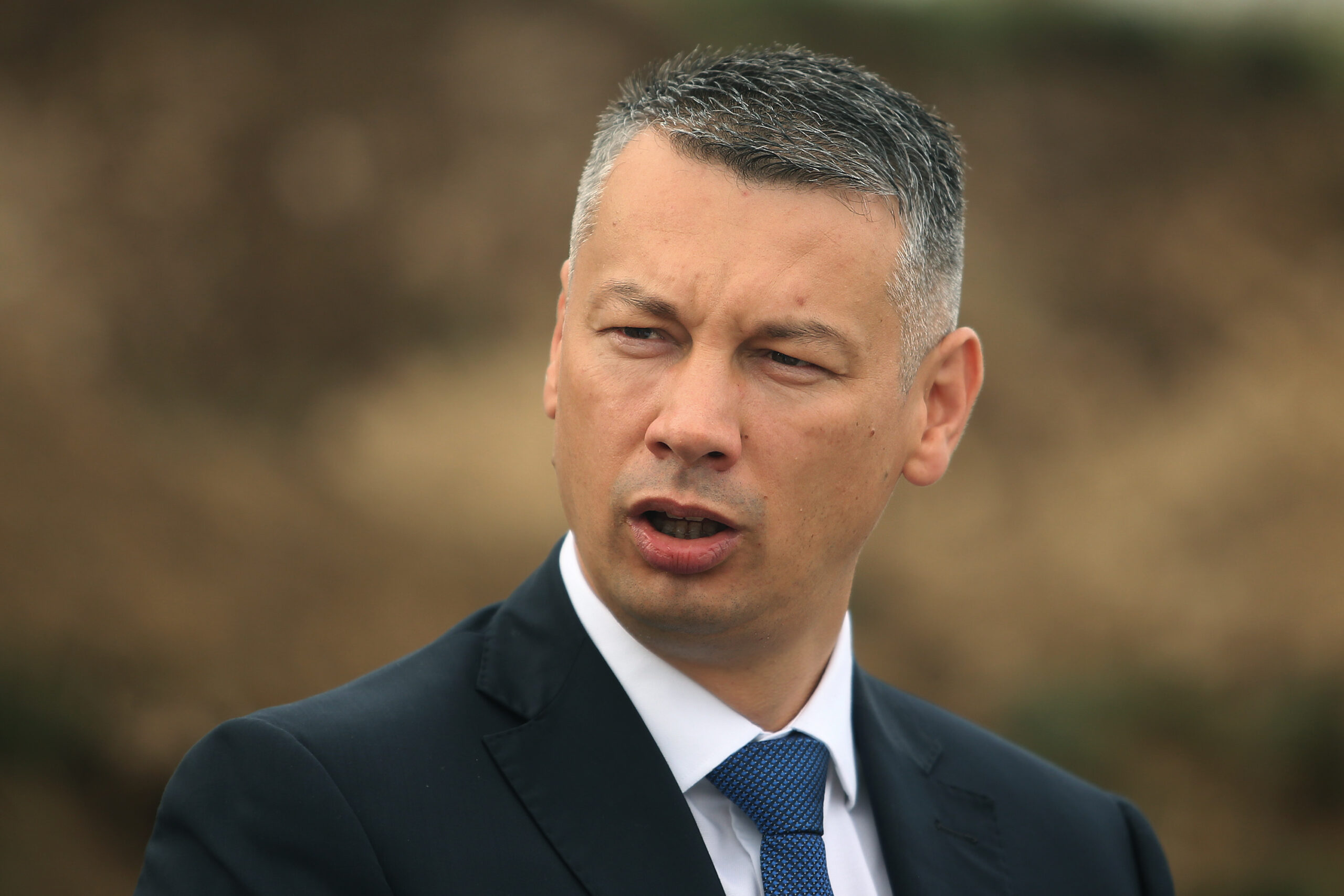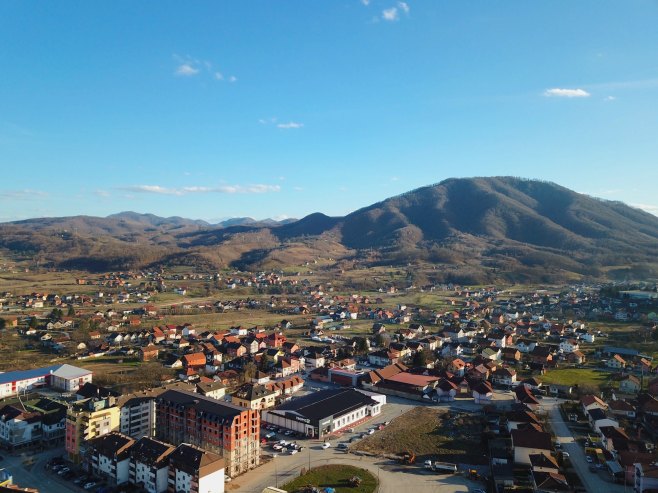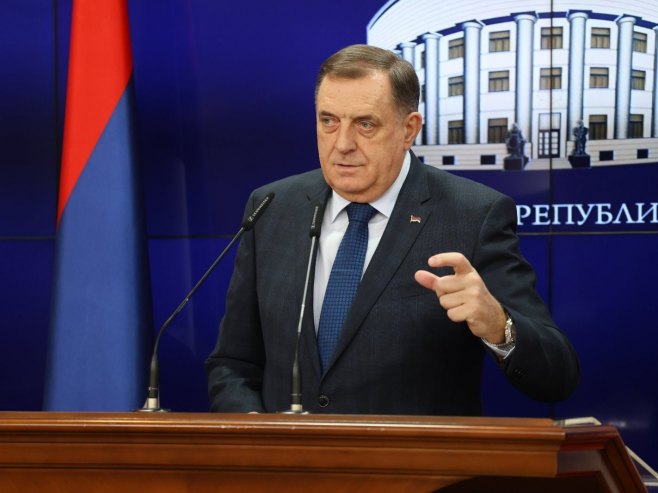The Minister of Security in the Council of Ministers, Nenad Nesić, stated that Bosnia and Herzegovina is currently the least free state in the world. He emphasized that Republika Srpska, absurd as it may seem, is fighting for the freedom and sovereignty of Bosnia and Herzegovina and that all pressure on it stems from there.
Regarding accusations that Republika Srpska is engaging in secessionist activities, Nesić assessed that such claims are made on the principle that “the judge accuses you, the judge judges you.”
“Foreigners simply see Bosnia and Herzegovina as their protectorate, a colony. If you say that Bosnia and Herzegovina is a sovereign state and that those who live in it should decide, you receive fabricated lies from that side,” Nesić said to “Politika.”
According to him, it has become normal in Bosnia and Herzegovina for embassies to draft laws and issue directives to authorities on what to do and how. When someone opposes this and says they must serve their state and their people, they get the response that these foreign entities are protecting the interests of their states.
“In Bosnia and Herzegovina, it seems everyone has interests, and only those who live in it are not allowed to have them. Bosnia and Herzegovina is currently the least free state in the world. Republika Srpska, absurd as it may seem, is fighting for the freedom and sovereignty of Bosnia and Herzegovina, and all pressure on it stems from there,” Nesić believes.
He pointed out that the flyover of American military aircraft during the celebration of Republik of Srpska Day represented intimidation, pressure, and a demonstration of force.
“I don’t understand what they wanted to achieve, but they don’t realize that identity and someone’s feelings cannot be overcome by low-flying bombers. We have survived many atrocities, but we have preserved our identity,” Nesić said.
He explained that there was no necessary consensus of the Presidency of Bosnia and Herzegovina for this, without whose permission even the helicopters of the Armed Forces of Bosnia and Herzegovina could extinguish fires.
“Imagine a ‘joint air force exercise’ between NATO and the Armed Forces of Bosnia and Herzegovina, which don’t even have a model of an airplane,” Nesić added.
Speaking about the trial of the President of Republika Srpska, Milorad Dodik, for disrespecting the decisions of Christian Schmidt, Nesić said it was a situation worthy of satire.
“President Dodik issues an order to proclaim a law adopted by the National Assembly of Republika Srpska, and Schmidt issues a law to accuse him because he fulfilled his constitutional obligation,” Nesić explained.
He pointed out that if Bosnia and Herzegovina were a sovereign state, founded on the rule of law, the court would protect the constitutional obligation of the president of Srpska to issue the order and challenge the procedural legitimacy of Schmidt.
“When you don’t have a law adopted through constitutional procedures, then you don’t have a case. If the judge has the courage to protect the basic principles of the rule of law, the only possible outcome is an acquittal and, goodbye, Schmidt,” Nesić said.
He added that Schmidt had already suspended the executive and legislative branches, so it would not be surprising if he suspended the judicial branch as well. However, in that case, he would provoke a crisis with an uncertain outcome and would have to leave due to the unprecedented destabilization of the country.
Nesić assessed that Serbs in the Federation of Bosnia and Herzegovina, along with compatriots in Kosovo and Metohija, are the most endangered people in Europe. He added that it seems to him that someone wants no Serbs in those areas.
Asking how Serbs in the Federation of Bosnia and Herzegovina felt after the recent burning of the national flag in Zenica, accompanied by shouts of “Allahu Akbar” and “Takbir,” Nesić pointed out that during the Christmas holidays, other incidents occurred, such as removing the Serb flag from the church in Konjic and stoning the house of the Shantić family in Mostar.
“Add to that the constant attacks on elderly Serbs in Vozuća and the disappearance of one elderly person, with no perpetrator ever revealed for these criminal acts,” Nesić said.
He emphasized that in the Federation of Bosnia and Herzegovina, they do not allow religious and national flags to be displayed even during religious holidays, unlike in Republika Srpska, where this practice is followed throughout the year. He added that Serbs in the Federation of Bosnia and Herzegovina can only dream of employment in the public sector and equal treatment.
“That’s why mostly Serb elders are there now, and the total number of Serbs has fallen below three percent. It’s difficult, almost impossible, to be a Serb in the Federation of Bosnia and Herzegovina today,” Nesić concluded.
Source: RTRS









